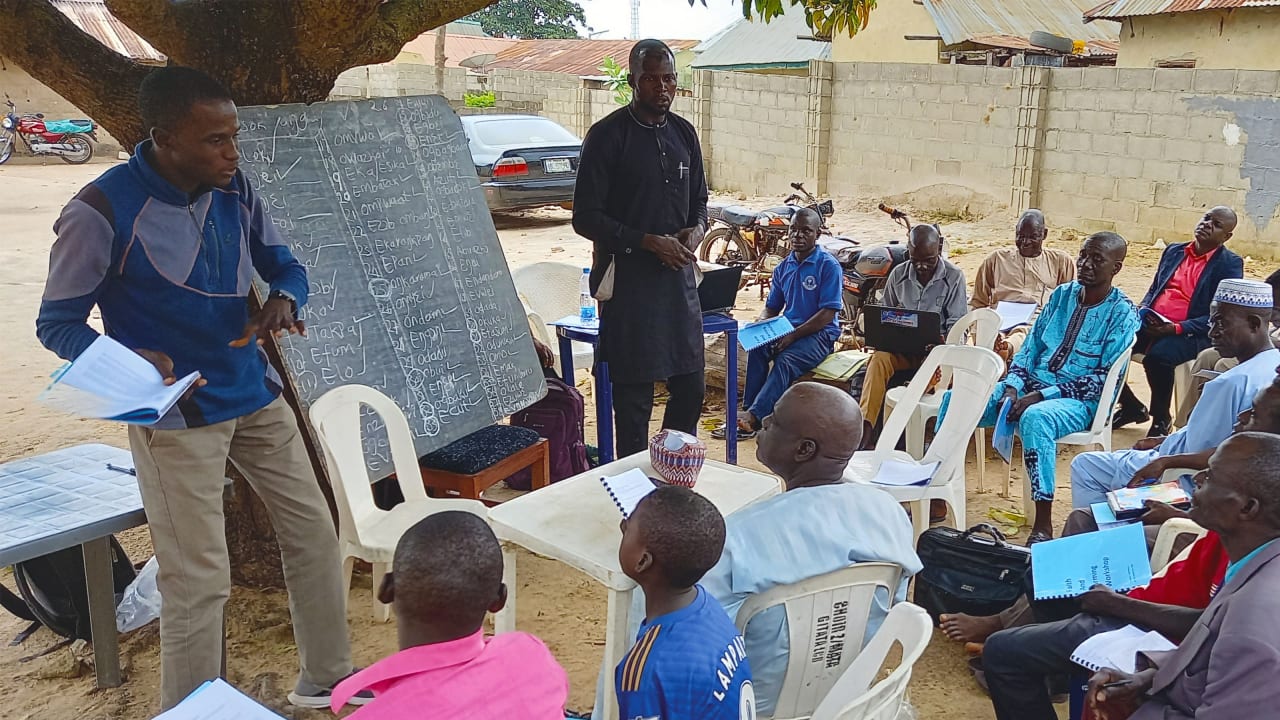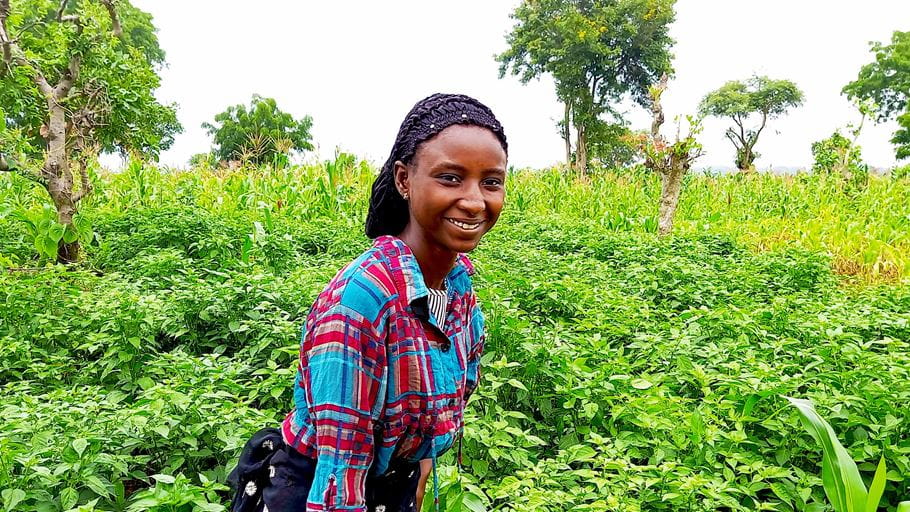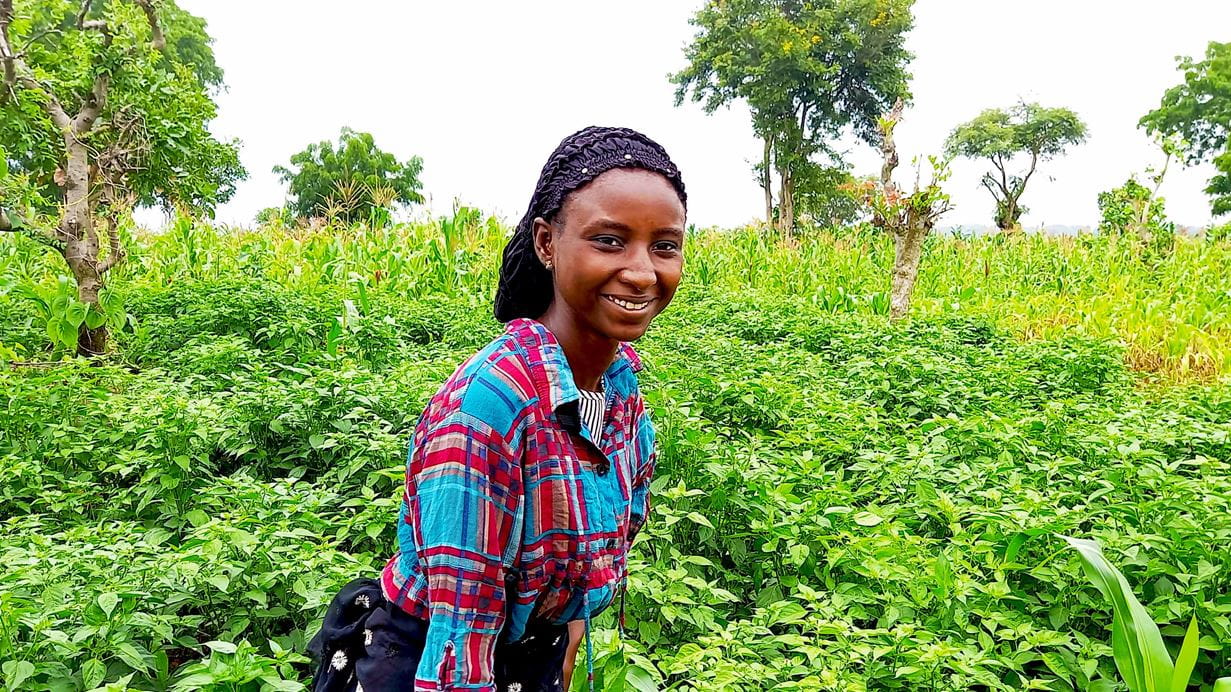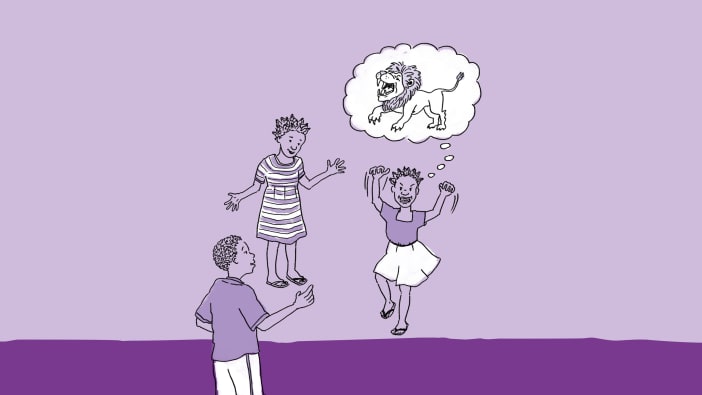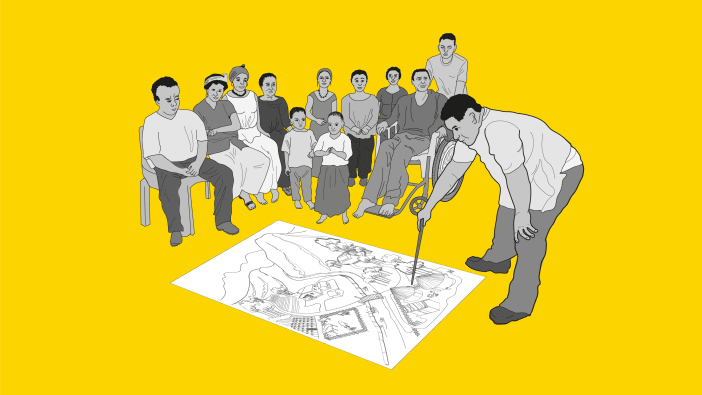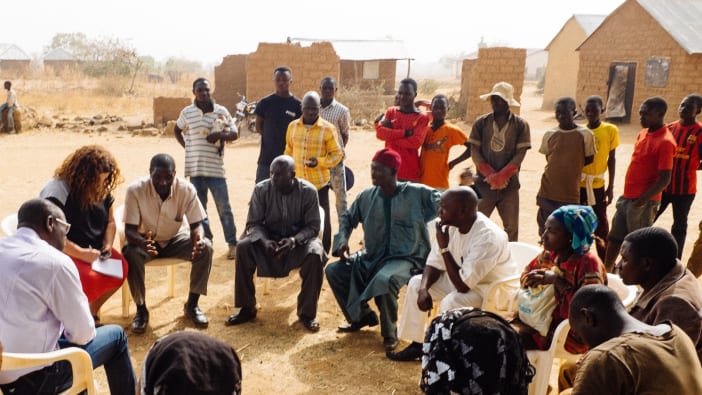When Jesus communicated with people, he often connected what he was saying with what they could see around them. This helped them to understand and remember his teaching.
In a similar way, the SIL Faith and Farming team in Nigeria aims to communicate with farmers in ways that connect with their day-to-day experiences of both farming and faith. This includes biblical, practical, oral and accessible communication, all of which are linked to each other.
Biblical communication
When farmers in Nigeria read the words ‘Cursed is the ground because of you; through painful toil you will eat food from it’ in Genesis 3:17, many come to the conclusion that farming is a curse. This gives them a low opinion of themselves and their work, and a hopeless feeling in the face of challenges.
When we explain that God himself planted the Garden of Eden, and that he commanded Adam to cultivate it and take care of it (Genesis 2:15), their understanding is transformed!
One Nigerian farmer said: ‘I was very happy to read that God planted many things… This encourages me to go on better with my farming work and not to feel ashamed anymore. Now that I know God is interested in my farm, I will ask him to bless my work before I plant.’
Participants in our training workshops find that studying Bible passages about farmers and farming helps them to grow in confidence and gain a better understanding of what it means to live out their faith in their day-to-day lives.
One participant said, ‘As we looked at how Moses helped the daughters of Jethro to fetch water for their sheep (Exodus 2:16-19), we were challenged to help one another more with farm work.’


